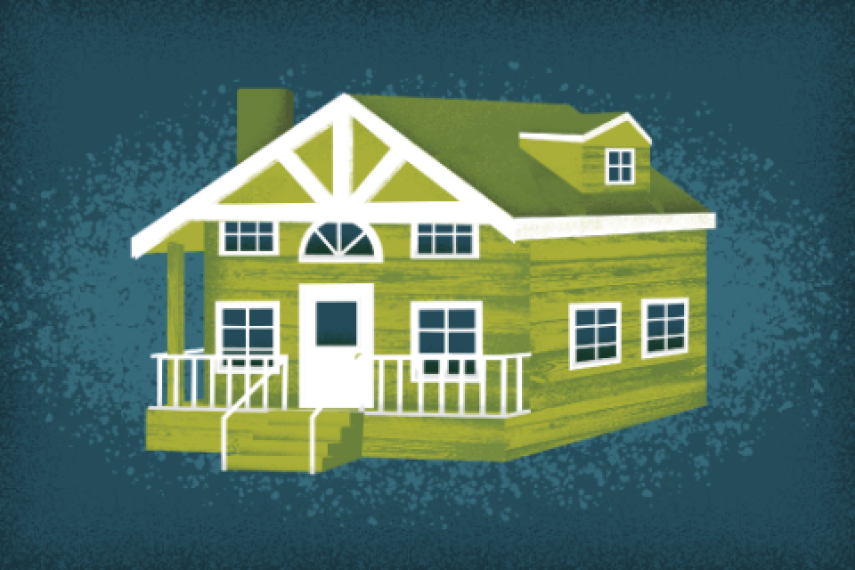
Buying a home in today's climate depends on your financial condition, the current housing trends, and rising mortgage rates. While homeownership remains a long-term investment for many, navigating today's market requires careful planning, financial preparedness, and understanding the options available to help manage costs effectively.
Why Are Rates High?
Increasing mortgage rates are a significant challenge in the current market. As of January 2025, according to Mortgage News Daily, the average mortgage rate for a 30-year fixed-rate loan is 7.07%, while the 15-year fixed-rate loan is 6.48%. These rates have risen significantly over the past year due to inflation and changes in monetary policy.
Higher rates reduce affordability for buyers, meaning that the same loan amount results in a larger monthly payment. This reduction has dented the purchasing power of prospective homeowners, forcing many to reconsider their budgets or the size of the homes they intend to purchase.
Additionally, the inventory of homes for sale remains limited, driving up property prices. Rising rents, relocations, and job changes have also increased housing demand, leaving many buyers scrambling in a competitive market.
Are You Ready to Buy a Home?
Before committing to a home purchase, evaluate your financial readiness by considering these key questions:
1. Do you have excellent credit?
A credit score of 740 or higher can help you secure better mortgage rates. If your score needs improvement, focus on paying down debt, disputing credit report errors, and avoiding new inquiries. Improving your credit before applying can result in substantial savings over time.
2. Do you have enough savings for a down payment?
Lenders typically require a down payment of 5%–20% of the purchase price. A larger down payment reduces your loan amount and increases lender confidence. Savings beyond the down payment are also essential for covering unexpected homeownership costs.
3. Are you planning to live in the home long term?
With upfront costs like closing fees (2%–6% of the purchase price), planning to stay home long-term helps justify these expenses. If you're unsure about your plans, renting may provide more flexibility in the short term.
What Are My Options?
If high mortgage rates are a concern, consider these strategies:
1. Adjustable-Rate Mortgage (ARM):
An ARM offers a lower initial interest rate than a 30-year fixed mortgage. The rate remains fixed for a set period (e.g., 5, 7, or 10 years) and adjusts to market rates afterward.
For example, an ARM may start with a rate 1% lower than a 30-year fixed rate. However, borrowers should know that rates may rise after the fixed period. Most ARMs include caps to limit rate increases during adjustments.
2. Pay in Cash or Increase Your Down Payment:
Paying in cash eliminates mortgage interest, saving tens of thousands of dollars. Alternatively, increasing your down payment reduces the loan amount and lowers interest costs.
3. Seller Concessions:
Negotiating with sellers for concessions, such as contributions toward closing costs or interest rate buy-downs, can reduce your upfront or ongoing expenses.
4. Refinance Later:
If rates drop in the future, you can refinance your mortgage to secure a lower rate. Refinancing replaces your current loan with a new one, potentially reducing monthly payments. However, refinancing comes with fees, so weigh the savings against the costs.
Takeaway
Purchasing a home in today's market requires thorough financial planning and understanding of your options. With 30-year fixed rates at 7.07% and 15-year fixed rates at 6.48%, affordability challenges exist, but you can overcome them with innovative financial strategies.
Evaluate your financial readiness, consult experienced professionals, and explore strategies like ARMs, larger down payments, or seller concessions to make homeownership more feasible. Don't forget to account for hidden costs such as maintenance, property taxes, and insurance when setting your budget.
Buying a home isn't just a financial decision but a lifestyle choice. Ensure your decision aligns with your long-term goals, and take advantage of available tools and resources to achieve your dream of homeownership.
